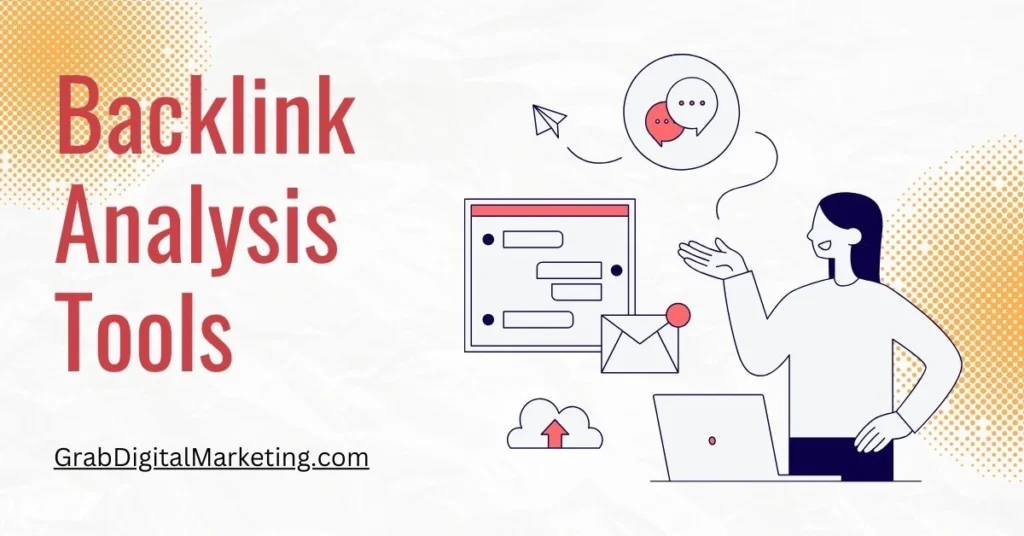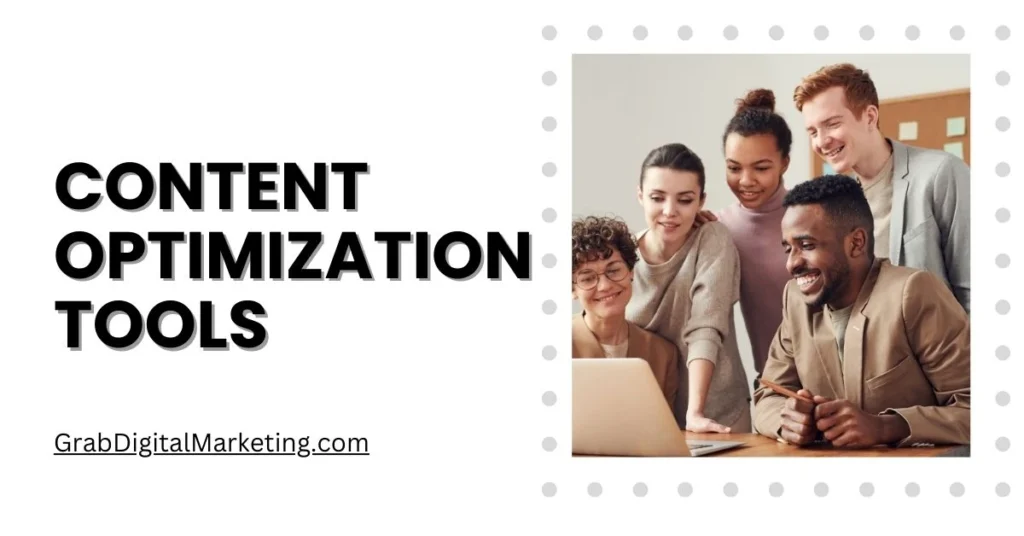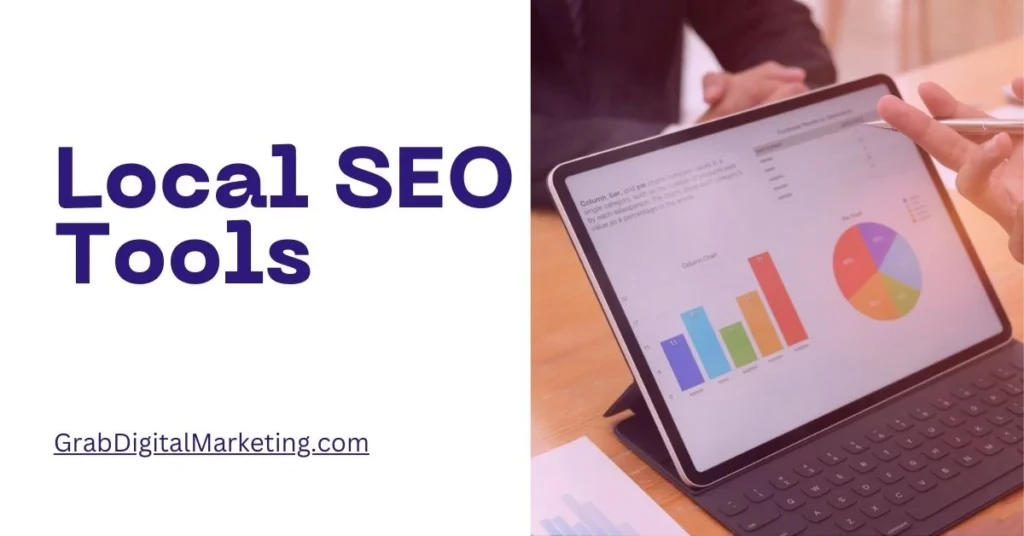What are SEO tools?
SEO tools are software or online platforms that help website owners and marketers improve their site’s visibility on search engines like Google. For Google AdSense users, these tools are especially valuable because higher search rankings can bring more organic traffic, meaning more people visiting your site and potentially clicking on ads. SEO tools assist in various tasks such as researching the best keywords to target, analyzing your competitors, optimizing your website content, auditing technical issues, tracking your search rankings, and managing backlinks. They provide insights, recommendations, and automation to make your SEO efforts more effective without needing expert-level knowledge. Using SEO tools helps you create content that aligns with what people are searching for, fix site problems that affect rankings, and understand how well your site is performing—all of which can boost your Google AdSense earnings by attracting more relevant visitors.
1. Keyword Research Tools

Keyword research tools are essential for Google AdSense users because they help identify the best keywords to target in your content to attract more visitors and increase ad revenue. These tools analyze the exact search terms people use on Google and other platforms, providing data like search volume, competition level, and cost-per-click. This information helps you choose keywords that are popular but not too competitive, making it easier to rank higher in search results. Popular keyword research tools in 2025 include Google Keyword Planner, Semrush, Ahrefs, and Moz. They also offer features such as competitor keyword analysis and long-tail keyword suggestions to uncover more specific, valuable search phrases. By using keyword research tools, you can create content that matches what your audience is searching for, driving more targeted traffic to your website, which leads to higher earnings with Google AdSense. These tools are designed to be user-friendly for beginners while offering advanced insights for experienced marketers.
2. On-Page SEO Tools

On-page SEO tools are essential for Google AdSense users as they help optimize the content and elements on your website pages to rank higher in search engines. These tools analyze important on-page factors like title tags, meta descriptions, headings, keyword usage, image alt texts, URL structure, and internal links to ensure your pages are well-structured and relevant to user searches. Popular on-page SEO tools in 2025, such as Yoast SEO, SEMrush, Surfer SEO, and Moz, provide easy-to-understand recommendations and real-time guidance to improve your content’s SEO without complicated technical know-how. By using these tools, you can enhance your website’s visibility, attract more organic visitors, and ultimately increase your Google AdSense revenue through better-targeted ads shown on well-optimized pages. These tools save time by highlighting what needs fixing and suggesting practical improvements, making them invaluable for anyone looking to boost their site’s performance and earnings.
3. Technical SEO Tools

Technical SEO tools are crucial for Google AdSense users because they help ensure that your website runs smoothly behind the scenes, making it easier for search engines like Google to crawl, index, and rank your pages. These tools check important technical elements such as site speed, mobile-friendliness, secure HTTPS protocols, proper use of robots.txt and sitemap files, broken links, and duplicate content. Popular technical SEO tools in 2025, like Screaming Frog, Google Search Console, Ahrefs, and Semrush, provide detailed reports and actionable insights to fix issues that could hurt your rankings. By keeping your website technically sound, you improve user experience and increase the chances that Google will show your pages more often—and as a result, your Google AdSense ads get more visibility and clicks, boosting your ad revenue. These tools are designed to be user-friendly and often integrate with other SEO solutions, helping you maintain a healthy, high-performing website that supports your monetization efforts.
4. Backlink Analysis Tools

Backlink analysis tools are important for Google AdSense users because backlinks—links from other websites to yours—help improve your site’s authority and search engine rankings. These tools let you see who is linking to your site, how valuable those links are, and identify new opportunities to build more quality backlinks. Popular tools like Ahrefs, Semrush, and Moz provide detailed insights into your backlink profile, showing you the number of backlinks, where they come from, and their quality. They also help spot harmful or spammy links that could hurt your SEO and notify you if you lose important backlinks. By analyzing your competitors’ backlinks, you can discover strategies to improve your link-building efforts. Strong backlinks increase your website’s traffic, meaning more visitors see your Google AdSense ads, which can boost your revenue. These tools are user-friendly and offer reports that make managing your backlink strategy easier and more effective.
5. Rank Tracking Tools
Rank tracking tools are essential for Google AdSense users because they help you monitor how your website’s keywords are performing in search engine results over time. These tools show you your site’s position for specific search terms, helping you understand whether your SEO efforts are improving your rankings or if adjustments are needed. Popular rank tracking tools in 2025, such as AccuRanker, SERPWatcher by Mangools, SE Ranking, and Ahrefs, offer features like real-time updates, competitor tracking, location-based rankings, and detailed reporting dashboards. By using these tools, you can spot keyword trends, measure the success of your content strategies, and ensure your site stays visible to your target audience. This increased visibility brings more organic traffic to your website, which can lead to higher Google AdSense earnings as more visitors engage with your ads. Rank tracking tools are designed to be user-friendly and provide customizable alerts and insights to keep you informed and help you make smart decisions for your SEO and advertising efforts.
6. Content Optimization Tools

Content optimization tools are essential for Google AdSense users who want to create high-quality content that attracts more visitors and keeps them engaged. These tools analyze your articles, blog posts, and web pages to suggest improvements in areas like keyword usage, readability, content structure, and relevance to search intent. Popular content optimization tools in 2025—such as Surfer SEO, Clearscope, MarketMuse, and Ahrefs Content Helper—offer features like live content scoring, keyword recommendations, competitor insights, and topic coverage suggestions. By following their guidance, you can improve your rankings in search results, increase your organic traffic, and maximize your AdSense earnings through better-targeted ads. These tools integrate smoothly into your workflow and provide easy-to-understand reports and actionable tips, making content optimization straightforward even for beginners. Ultimately, using content optimization tools helps ensure your website offers value to both visitors and search engines, driving more clicks and revenue from AdSense.
7. Local SEO Tools

Local SEO tools are especially helpful for Google AdSense users who want to attract visitors from specific geographic areas or target local audiences. These tools help businesses optimize their online presence so they can appear prominently in local search results and Google Maps listings. Local SEO tools, like BrightLocal, Moz Local, Whitespark, and Semrush Local, manage your business listings, monitor and respond to customer reviews, track local keyword rankings, and ensure your business information is consistent everywhere online. By improving your site’s visibility in the local area, these tools help bring in more relevant visitors, which can increase the chances of people clicking on your Google AdSense ads and boost your revenue. They are designed to be user-friendly, often automating tasks and providing clear reports so you know exactly where to improve for better local search performance.
8. Analytics Tools

Analytics tools are vital for Google AdSense users because they provide deep insights into how people interact with your website and ads. These tools track important metrics such as traffic sources, user behavior, ad impressions, clicks, conversions, and overall earnings. Popular analytics tools in 2025 include Google Analytics 4 (GA4), which delivers real-time reports, audience segmentation, and event tracking, as well as seamless integration with AdSense and other Google products. Other options like SegmentStream and HubSpot’s analytics offer advanced campaign tracking and automation features. By using analytics tools, you can spot trends, identify high-performing pages and ads, detect issues, and make smarter content and ad placement decisions—all of which help maximize your AdSense revenue. These tools are user-friendly, provide powerful data visualization, and help you understand what works best so you can continually optimize your site for better results.
Conclusion
SEO tools are indispensable for anyone looking to improve their website’s visibility and performance in search engine results. By leveraging these tools, you can gain valuable insights into your website’s strengths and weaknesses, optimize your content and technical aspects, and develop effective strategies for attracting and retaining organic traffic.

